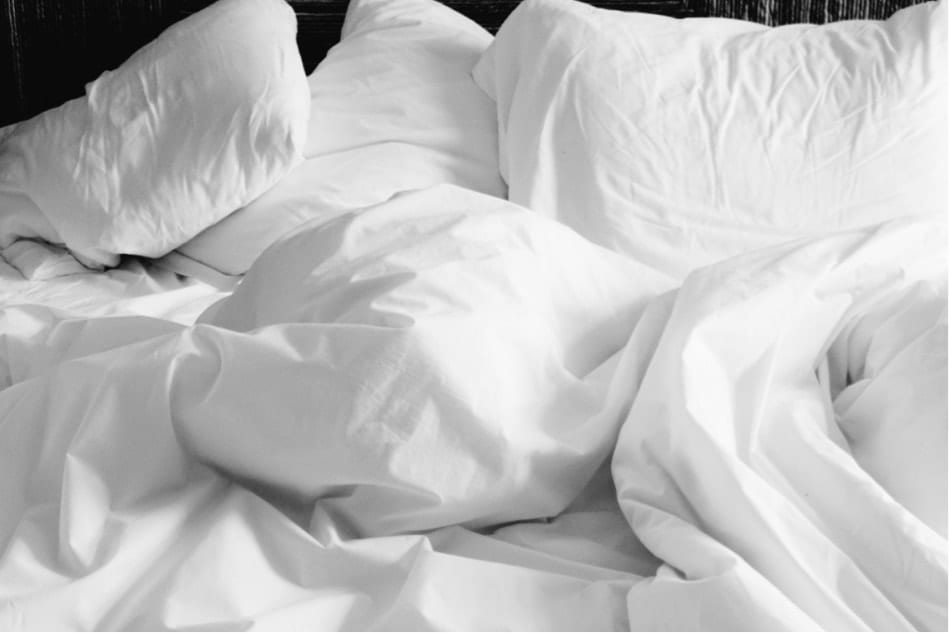In the United States alone, at least 100 million adults suffer from common chronic pain conditions, which is more than the number of people who have diabetes, heart disease, and cancer combined. There are many factors that contribute to pain. However, one of the less obvious causes may be one of the most important – how we sleep.
We spend up to 1/3 of our lives asleep, and it plays a vital role in the overall health and function of our nervous system. Our bodies recover while sleeping and there is evidence to show sleep, pain, and inflammation relate to and interplay with each other. In recent studies, researchers have shown that losing sleep may disrupt the body’s pain signaling system, heightening sensitivity to painful stimuli. Another theory holds that losing sleep causes inflammation throughout the body. The average adult should sleep for at least eight hours each night, so there are many of us who may not be getting enough sleep, and our bodies are suffering because of it.
If you suffer from chronic pain or inflammation and are not getting a full, uninterrupted 8+ hours of sleep, here are simple suggestions to try:
- Take your lunch break outside. Melatonin is the hormone that makes you sleepy, and it is produced as a response to the day going from light to dark. Your pineal gland produces melatonin roughly in approximation to the contrast of bright sun exposure in the day and complete darkness at night, so this hormone response is more effective if you’re in bright sunlight during the day. If you work indoors, make a point to get outdoors for at least a total of 30-60 minutes during the brightest portion of the day.
- Leave the smart phone downstairs. These devices emit blue light, which tricks your brain into thinking it’s still daytime. Normally your brain starts secreting melatonin between 9 and 10 pm, and these devices emit light that may stifle that process.
- Sleep in total darkness. Even the slightest bit of light in your bedroom can disrupt your biological clock and your pineal gland’s melatonin production.
- Keep your cool. Keep the temperature in your bedroom at or below 70 degrees F. Studies show that the optimal room temperature for sleep is quite cool – between 60 to 68 degrees F.
Hopefully these tips will help you to get a better full night’s rest. If you still have problems with chronic pain that you think could be addressed by a physical therapist, contact your local Foothills clinic today.
References:
www.paindoctor.com
Lange T, Dimitrov S, Born J. Effects of sleep and circadian rhythm on the human immune system.
Annals of the New York Academy Sciences. 2010;1193:48–59.




